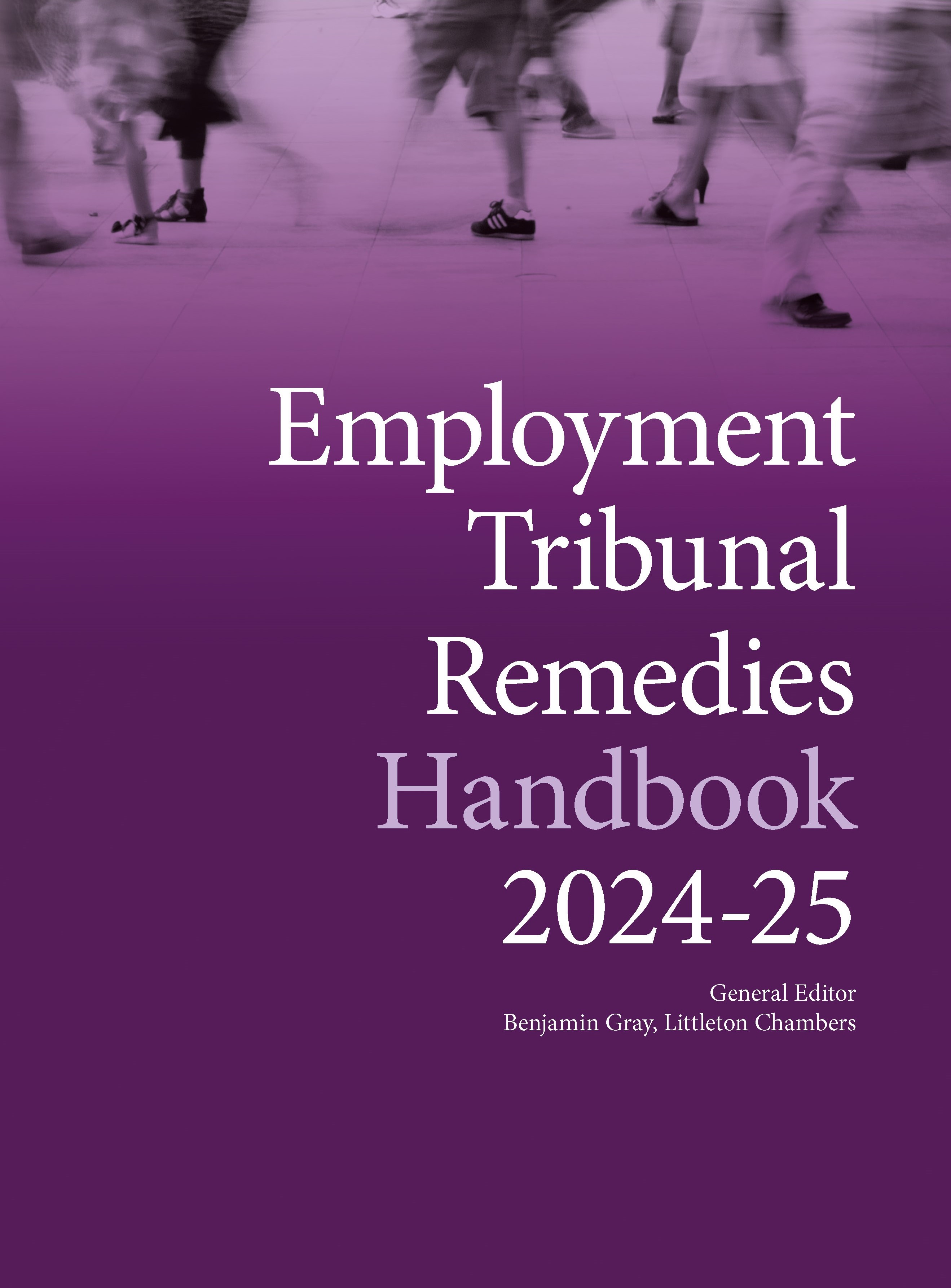L v Q Ltd [2019] EWCA Civ 1417
Appeal against EAT’s decision to allow publication of an employment tribunal judgment on the register when the ET had decided it should remain private.
The claimant had brought claims of disability discrimination, harassment and victimisation against his employers. At the final hearing the claimant's solicitors had requested the hearing be in private, the judgment anonymised and also that the subsequent judgment should not be placed on the public Register. The ET accepted those applications.
The employers appealed both the substantive decision and the decisions regarding publication. At the EAT Slade J allowed the appeal on publication and also rejected further anonymisation of the judgment to disguise the claimant's disabilities, though she did accept anonymisation overall.
In this judgment the Court of Appeal was not concerned with the outcome of the case solely with matters relating to publication and anonymisation and in answering the following questions:
(a) whether the judgment of the ET should be entered on the Register
(b) if so, whether it should be futher redacted so as to remove references to the Claimant's disabilities and their consequences
After reviewing the relevant provisions of the ERA 1996, the Employment Tribunals (Constitution and Rules of Procedure) Regulations 2013 and the judgment of Eady J in Ameyaw v PriceWaterhouseCoopers Services Ltd, Bean LJ concluded that:
a) the judgment should be published in anonymised form as, aside from cases involving national security, there is no explicit power in the Rules to prohibit publication of a judgment on the register and that the course attempted in these proceedings was contrary to public policy of open justice. He adds at [26] that
"It is unnecessary to go so far as to say that there will never be a case (other than one concerning national security) in which an ET judgment can be kept secret by not being entered on the Register. I will only say that as at present advised I find it hard to imagine the circumstances in which it would be right for an ET acting under Rule 50 to withhold publication of a judgment altogether. If there is ever to be such a case, certainly this one is not it."
b) there should be no further redaction to disguise the claimant's disabilities as he agreed with Slade J who had stated that "to extend redaction to the disabilities and the consequences of them which are the foundation of them would fundamentally undermine understanding of the [ET] judgment".[29]
https://www.bailii.org/ew/cases/EWCA/Civ/2019/1417.html
Published: 09/08/2019 18:18


